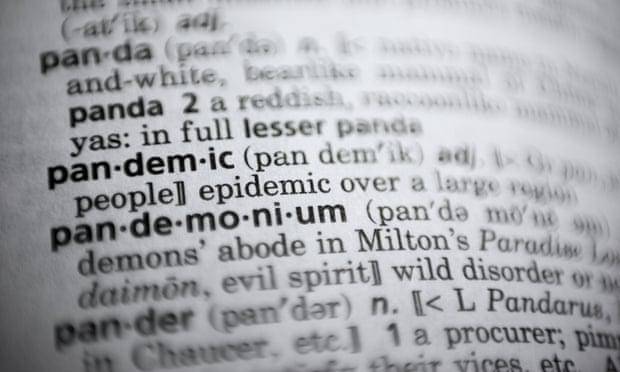
- Pandemic ‘probably isn’t a big shock’, said Peter Sokolowski, editor at large for Merriam-Webster.
- Dictionary lookups sky-rocketed on March 11 when the World Health Organization officially labelled Covid-19 a pandemic.
The term had the most online dictionary lookups of any word, Merriam-Webster said on its website, after a year in which at least 1.4 million people globally have died from the Covid-19 pandemic.
"Sometimes a single word defines an era, and it's fitting that in this exceptional - and exceptionally difficult - year, a single word came immediately to the fore," the dictionary publisher said.
Dictionary.com also chose pandemic as its word of the year. The two publishers made their choices after Oxford Languages issued a 16-page report which said a number of once-specialised terms had entered the mainstream during the Covid-19 crisis.
Pandemic is defined as "an outbreak of a disease that occurs over a wide geographic area (such as multiple countries or continents) and typically affects a significant proportion of the population," according to Merriam-Webster.com.
The word’s Greek roots are “pan,” meaning all or every and “demos,” meaning people, Merriam-Webster said.
Dictionary lookups sky-rocketed on March 11 when the World Health Organization officially labelled Covid-19 a pandemic.
The word "saw the single largest spike in dictionary traffic in 2020, showing an increase of 115,806 per cent over lookups on that day in 2019," said the company, founded in 1831.
Last year's winner was "they" as used to describe someone who does not identify as male nor female. That follows winners "justice" in 2018, "feminism" in 2017 and "surreal" in 2016.








No comments :
Post a Comment